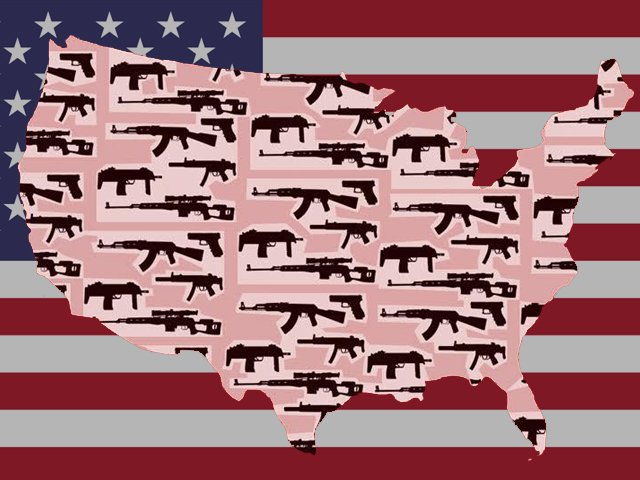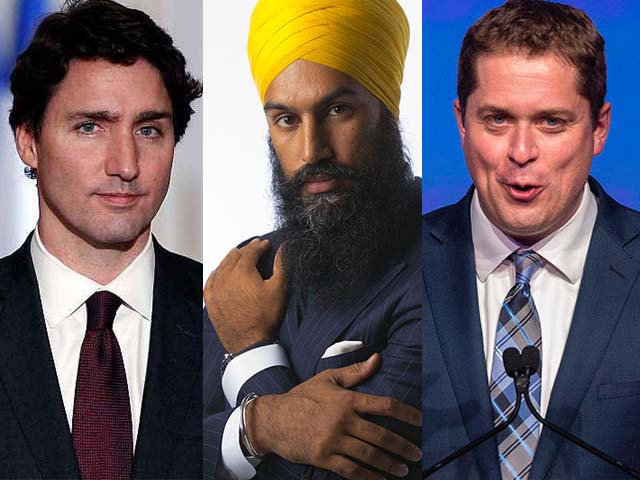
A supporter of the Jamaat-ud-Dawa Islamic organization holds a Pakistani national flag
PHOTO: FAISAL MAHMOOD / REUTERS
What’s aiding Pakistan
Areas such as power load shedding, law and order, transportation policies, population control all need work.
I was recently in Pakistan after a long gap and observed first-hand how the country functions. After years of learning about Pakistan through electronic media and personal accounts of recent immigrants in North America, I was a bit guarded when it came to what I would find in the country. Most of the experiences I heard about from people returning from Pakistan ranged from bad to catastrophic.
What I found was a country that was crazy and chaotic yet chugging along. Below are some things that I walked away with:
1. In all the companies that I have worked for in the past decade or so, there has been one constant: Indian Business Process Outsourcing (BPO) firms. Big or small, Indian BPO firms have a heavy presence in North American companies. Every so often I would end up in a group of Pakistanis that would lament the lack of Pakistani BPO companies and how Pakistan had been left far behind in this arena.
These kinds of discussions are usually pointless because the Indian BPO industry didn’t just crop up out of nowhere. It took a concentrated effort over close to half a century, consistent educational institutions and massive human resources. While there are some Pakistani companies that have been marginally successful in their attempts to catch up to the Indians, there really is no competition. What I found in Pakistan instead was a twist to the story.
While Pakistan didn’t have any competitive BPO firms, it did have several world-class app development shops. Not only are they providing various opportunities to employees and freelancers alike, they were also competing for global business.
Almost everybody I met was involved in this industry in some form or the other; developer, designer, marketing, customer services, business development, human resources etc. Even though this business isn’t intended to bring enterprise level revenues like the BPO companies, it did indicate that the Pakistanis in Pakistan are quite dynamic and are trying out alternate avenues without bemoaning the dearth of BPO companies.
2. When I was growing up in Pakistan, all we had as a news source, besides newspapers, was the khabarnama (news) on Pakistan Television (PTV). Now I found a media industry that was booming with almost an unlimited number of Pakistani channels on TV.
At university in the US, my Indian friends used to tell me how the Indian media had grown so powerful that they act as constant watch-dogs over their politicians. While the Pakistani media doesn’t seem to have proper regulation and the political talk shows seem like nothing but a cacophony of random noise, I view their emergence as directly linked with the political awareness of people in Pakistan.
Back in the day, all we knew about politics in the country was what was reported in the news and that is what we had to believe. The media as it exists today is on trajectory to be on par with its Indian counterparts. It started as an explosion without a plan, it is in the process of picking itself up and is slated to improving its analysis from that of a rowdy newcomer to hard facts. Thus, they are on track to becoming serious news outlets. Elements of sensationalism will remain, but such is the nature of news today.
3. Winston Churchill famously uttered,
“Many forms of government have been tried and will be tried in this world of sin and woe. No one pretends that democracy is perfect or all wise.”
What Churchill meant was that all forms of government have flaws. The issue with Pakistan is that no government sticks around long enough for democracy to take root.
After having lived in the West for an extended period of time, one starts understanding the importance of democracy and systems. Pakistan saw a change in the government in 2013 with one party democratically handing the reigns to the next. India may not be perfect but it is much ahead of Pakistan because it has had a continuous stretch of democratically elected governments. Pakistan and India are the same age but Pakistan lacks far behind in institutions and systems.
Case in point – when General Raheel Sharif does something (even after retirement), everybody takes note. On the other hand, most of us would be hard pressed to even name the Indian army Chief. The army is just one institution among many in India whereas it is the only institution in Pakistan.
I raised this point in front of a few people in Pakistan only to be admonished and told about all the things that the Pakistani government wasn’t doing or was doing wrong. To them, I say this: this is the beauty of democracy – out with the old, in with the new. Irrespective of who you credit – the media (news channels), advanced communication channels (mobile and social media) or even Imran Khan – there is a level of awareness among the people that is growing by the day. Particularly in the case of Imran Khan, while his politics and tactics may merit debate, he has shown that one can challenge the government (through dharnas or Panama) and not be apologetic for it. The next elections won’t be a cake walk for anybody. They may be messy, but that’s how democracy grows.
Pakistan still has a long way to go. Areas such as power load shedding, law and order, transportation policies, population control (the list goes on and on) all need work. But it is not as bleak as projected. There are power plants being set up all over the country, the country is slated to undergo a census exercise, the National Action Plan seems to be taking effect with Federally Administered Tribal Areas (FATA) being brought into the fold of the federal government.
Again, things are not perfect but as subsequent governments come in democratically, we will see political institutions emerge. As institutions strengthen, so will the country.




COMMENTS (6)
Comments are moderated and generally will be posted if they are on-topic and not abusive.
For more information, please see our Comments FAQ